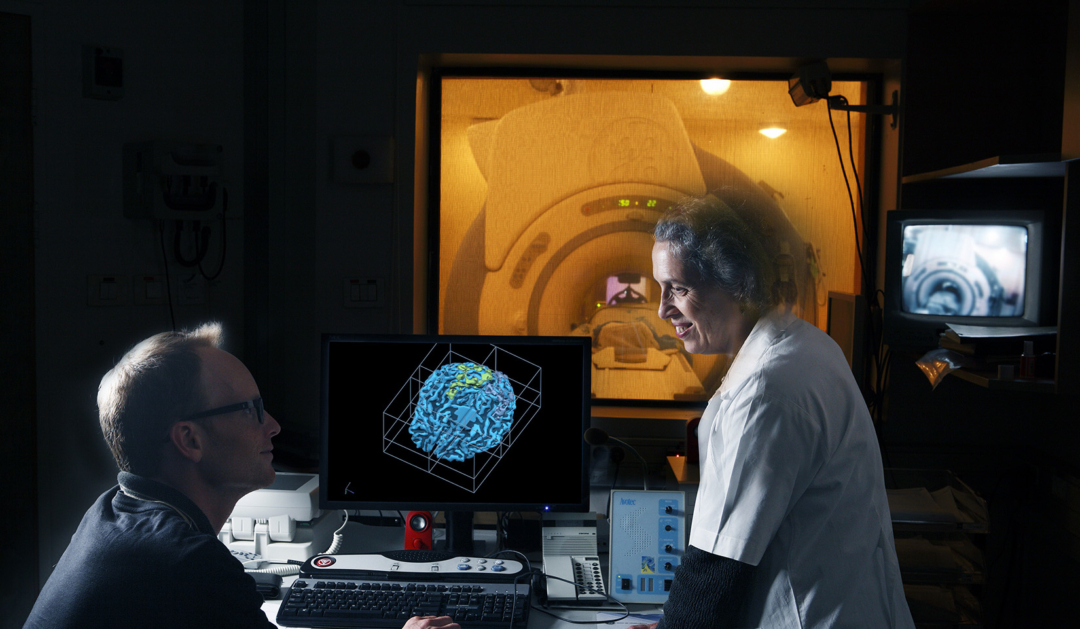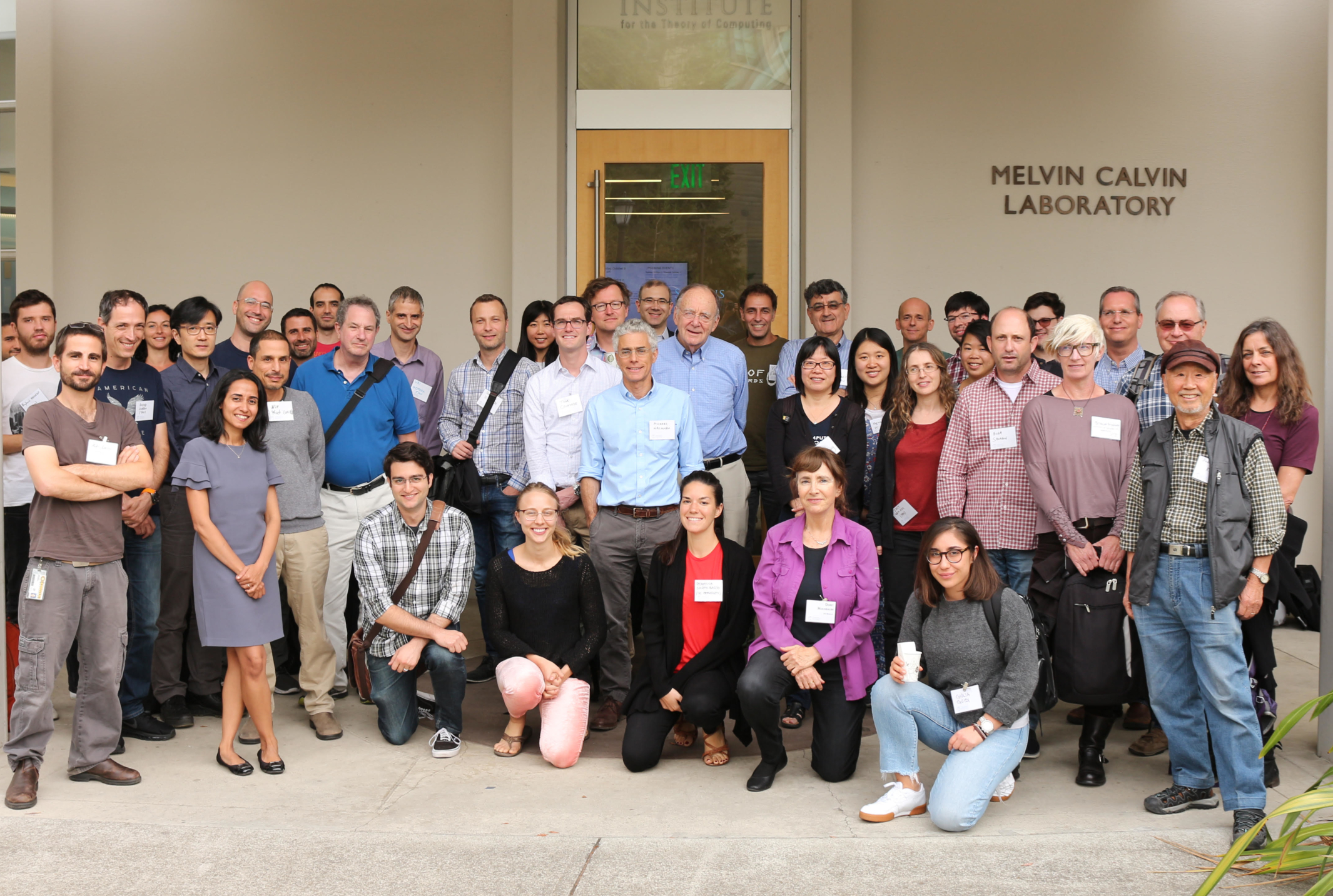US-Israel Partnerships: Accelerating medical innovation
Preparing for widespread trauma and emergencies
US-Israel Partnerships: Accelerating medical innovation
Preparing for widespread trauma and emergencies
Researchers and other experts at Israeli and Bay Area medical centers are partnering to advance personalized medicine, promote integrative healthcare, and pursue drug development for diseases that have yet to see breakthroughs. Although the pandemic put in-person exchanges and academic gatherings on hold, technology not only enabled these collaborations to move forward, but also sparked new ways of sharing data and developing future-forward approaches.
The Rambam Health Care Campus (Rambam), located in Haifa on the Mediterranean coast, is collaborating with Stanford University’s Department of Biomedical Data Science on a broad range of projects. These collaborations have rich potential for advances both in digital health and in big data analysis. Rambam brings first-hand experience through its Center for Trauma, Emergency and Mass Casualty Situations; Stanford’s Department of Biomedical Data Science brings expertise in data mining.
One high-priority project that was already underway when the pandemic hit was developing a regional disaster preparedness network in northern Israel and a regional network in the SF Bay Area. The mass casualty scenarios (MCS) the researchers had anticipated included earthquakes and wildfires in the Bay Area and terrorist activity in the north of Israel. However, when the pandemic ballooned into the largest public health crisis in decades, the partners pivoted quickly to share their expertise, supporting colleagues around the globe in formulating their own emergency-response plans and protocols. The 3rd Annual Stanford Medicine and Rambam Health Care Campus Symposium that took place virtually in November 2020 attracted over 600 registrants from more than 50 countries. Presenters from Stanford Medicine’s Department of Biomedical Data Science and Rambam discussed topics including hospital surge capacity, data sharing, coordination between health systems, mental health, research during a pandemic, health disparities, and telehealth. This was critical training for the real-life disaster that was unfolding.
Additional projects the collaborators will undertake include developing educational programs to promote innovations in medical technologies and refining patient-centric systems of care for cancer patients. Once international travel becomes less risky, the two institutions will facilitate the exchange of physicians, faculty, and students, as well as research funding and an annual symposium for sharing ideas. Supporting the exchange of knowledge between these two institutions has already proven more valuable than stakeholders envisioned.




